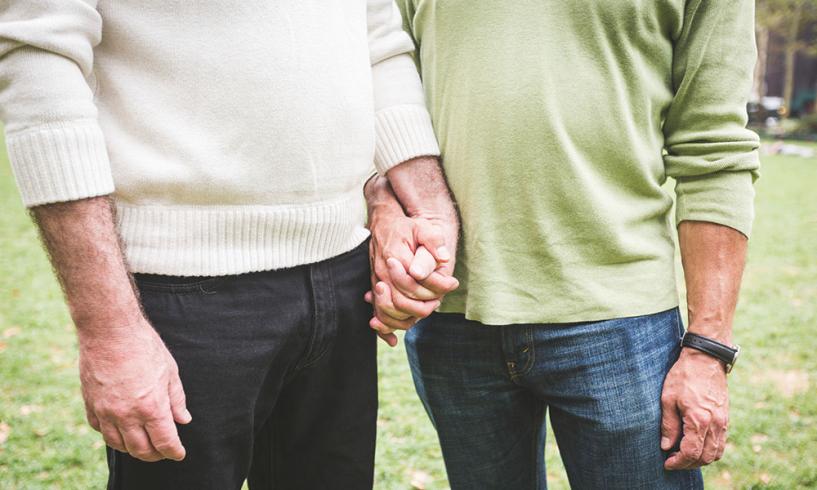Daniel is a 55-year-old man with stage III nasopharyngeal cancer.
He lives with Jon, his partner of four years. After completing one week of concurrent chemotherapy and radiation, Jon finds Daniel lying semiconscious on the living room floor. He is taken by ambulance to the emergency department, where healthcare providers determine he had an ischemic stroke from the pressure of the tumor on his carotid arteries. He is transferred to the intensive care unit. Over the next three days, his condition improves only minimally; he is still unable to communicate or move the left side of his body. He has no advanced directives or living relatives. If Daniel’s condition improves, the radiation and medical oncologists recommend resuming radiation to help shrink the tumor and reduce the risk for additional stroke. Jon calls the radiation oncology nurse, Samantha, to ask her what to do. “You know he wouldn’t want to live like this.”
What Would You Do?
Daniel’s case presents various ethical issues: a lack of advance directives or medical power of attorney, residence in a state where statutes do not recognize domestic or same-sex partners as medical surrogates, and inability to determine stroke recovery potential yet.
The duty to make medical decisions often falls to physicians when state statutes do not recognize domestic or same-sex partners as potential medical surrogates. From the oncology perspective, the medical and radiation oncologists agree that Daniel retains a 50%–75% survival advantage with continued treatments. Daniel is relatively young, which is a positive predictor of stroke recovery. Greatest gains in recovery from stroke are seen in the first three to six months, so it is still early in the disease course to accurately predict what deficits will remain after time and rehabilitative efforts.
Samantha listens to Jon and validates his concerns. She also educates him on stroke recovery statistics and arranges for the hospital chaplain to visit the couple for additional support.
During the next two weeks, Daniel’s aphasia improves and he communicates his desire to “have everything possible done if there is still a chance I can go camping and fishing.” He is transferred to the rehabilitation unit and resumes his cancer treatments. While Daniel is receiving radiation, Jon asks Samantha how the advance directives Daniel completed during his hospital stay can be valid when Daniel is still confused sometimes. He also says he is feeling guilty for thinking that treatment was hopeless and Daniel was not going to regain quality function.
Samantha explains that at the time Daniel completed the advance directive, he met the clinical standards for decision-making capacity.
- An understanding of the medical situation and prognosis, potential consequences of treatment choices including no treatment, and the risks and benefits of each alternative
- Decisions not based on delusions and consistent with personal goals and values
Samantha also asks Jon if he would like to talk with a social worker to help him process his feelings and emotions.






